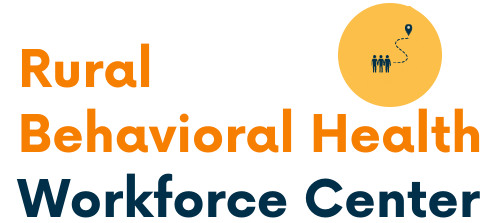
Maine Rural Behavioral Health Workforce Center
Home Maine Peer Recovery Coach
-
Prerequisites
- High school or higher education level
- Person in recovery
-
Step 1
Take Recovery Coach Academy (RCA) Course
- Sign up for Recovery Coach Academy
Take the Free Course
Take the Paid Course
- Sign up for Recovery Coach Academy
-
Step 2
Take Ethical Considerations for Recovery Coaches Course
- Sign up for Connecticut Community for Addiction Recovery Ethical Considerations for Recovery Coaches
Take the Free Course
Take the Paid Course
- Sign up for Connecticut Community for Addiction Recovery Ethical Considerations for Recovery Coaches
-
Step 3
Apply to become a Registered Peer Recovery Coach (RPRC)
- Complete application
Application and Instructions
- Complete application
-
Step 4
Earn 500 Hours of verified experience as a Registered Peer Recovery Coach
- Obtain 500 or more verified hours
Any interaction, typically 30 minutes or greater, between a coach and recoveree that includes the role, responsibilities, and functions of a recovery coach
- Obtain 500 or more verified hours
-
Step 5
Earn 25 hours under supervision when working as a Registered Peer Recovery Coach
- Obtain 25 or more supervised hours
Supervisors need to take Recovery Coach Academy (RCA) and 'Coachervision' to be qualified to sign form.
- Obtain 25 or more supervised hours
-
Step 6
Apply to become a Certified Peer Recovery Coach
- Fill out and submit your application
Application and Instructions
- Fill out and submit your application
-
Step 7
Optional: Take 'Coachervision' Course to become a Recovery Coach Supervisor
- Optional
- Sign up for and attend Coachervisor training
Take the Free Course
Take the Paid Course
-
Earn Peer Recovery Coach Certification
- Finish
Become a Peer Recovery Coach
We're going to ask you a few questions to provide you with all the resources you need to start you on your path to certification.